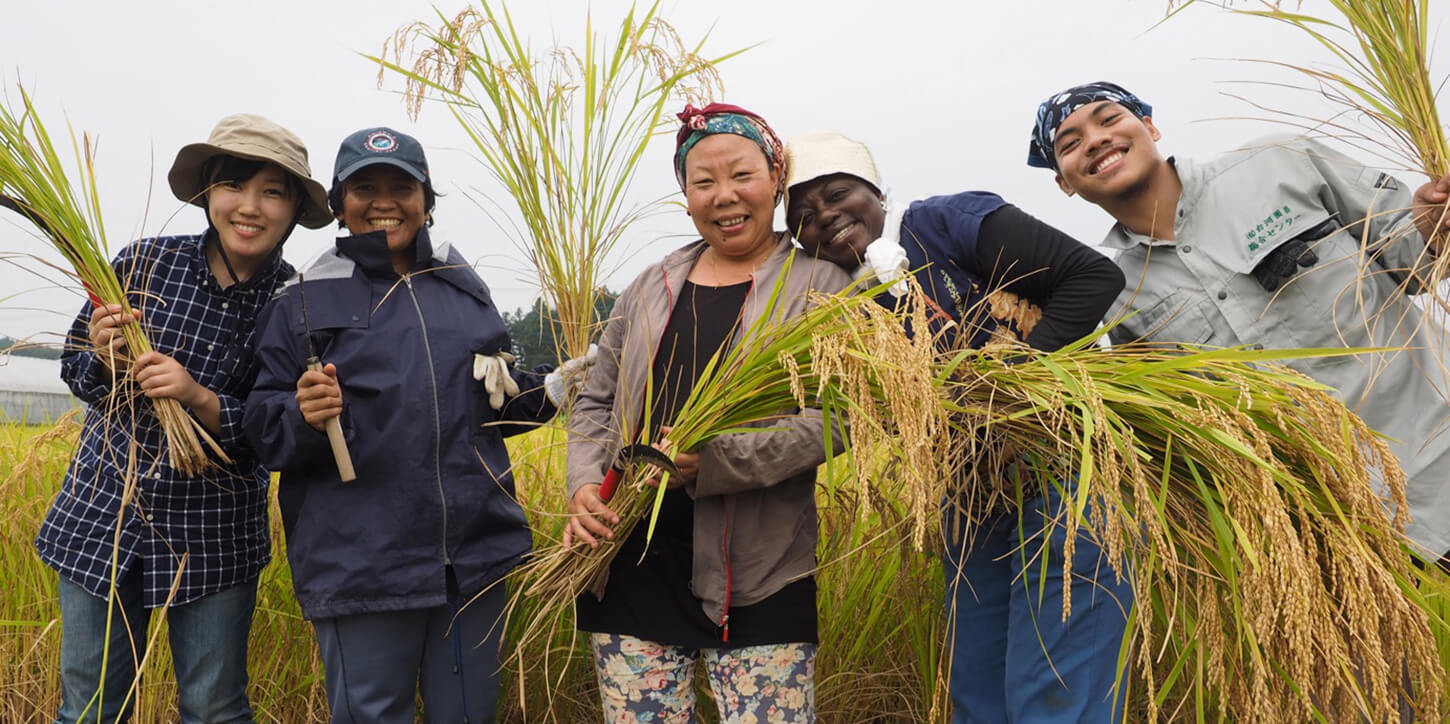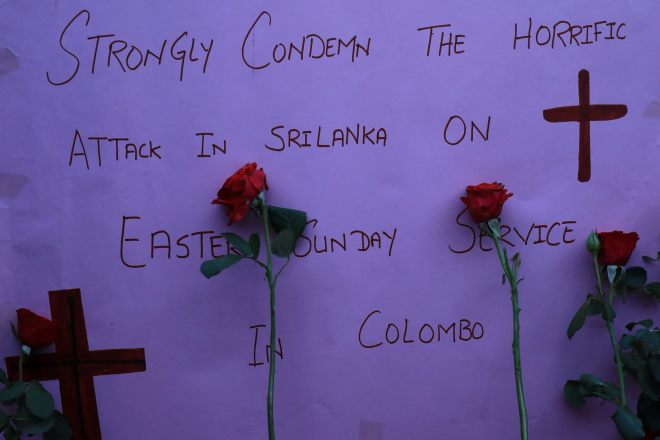
By the Rev. Jerome Sahabandhu
May 14, 2019 | ATLANTA
On April 19, the evening of Good Friday in Atlanta, I was putting my son to bed when I received a phone call from my brother, Johan, in Sri Lanka. Our dad, Stanley John Sahabandhu, had passed away in his home in the Western Province.
Johan repeated, “Please come!” In Sri Lanka, it was already early morning on Holy Saturday. My family and I prayed and committed Dad’s life into God’s hands. Then I booked the next available flight for my journey back home. Funeral arrangements were set for Monday, April 22, at Katunayake Methodist Church, our home church, which happens to be close to the town of Negombo.
While in transit at the airport in Qatar, I received a message from my wife warning of bomb explosions in Colombo and its suburbs – she cautioned me to be careful. In the transit lobby, I learned that several suicide bombers had exploded at least six bombs, killing hundreds. One of the attacks had been on St. Sebastian Church in Negombo. Other attacks happened in two churches in Colombo and in Batticaloa, as well as in three hotels in Colombo. Many local and international tourists died in the attacks.
What a national tragedy amidst our family funeral! The only thing I knew to do was pray.

Peace in the chaos
Thomas Kemper, Global Ministries’ general secretary, had expressed condolences to my family concerning my father’s death. While I was still in transit, he contacted me to ask if I would assist with preparing a public statement condemning the Easter Sunday attacks.
A verse from Philippians ran through my thoughts. “And the peace of God (SHALOM), which surpasses all understanding, will guard your hearts and minds in Christ Jesus.” (Philippians 4:7 NRSV) In this chaos and uncertainty, I experienced that peace and felt empowered to face anything in faith and hope. I was ready to be in solidarity with the Easter Sunday’s crucified people.
I arrived in Colombo about 2.00 a.m., during the curfew imposed on the whole island. I met people at the airport who were confused, angry and sad, yet, some were already admiring the Christians’ nonviolent response to this tragedy.
I managed to get an official pass to reach the funeral home and finalized plans for my father’s service with my brothers and the Methodist ministers. The funeral was solemn and simple. It filled us with peace and united our family, which was my dad’s earnest wish and prayer.
Actions in the aftermath
At least 275 people lost their lives in the bombings. Many others were wounded, disabled and mourning lost loved ones. Sri Lanka’s health workers attended the survivors and victims and the security forces ensured nationwide security, especially the security of Christian churches. Emergency regulations interrupted day-to-day lives, schools and businesses.
The Catholic archbishop, Cardinal Malcolm Ranjith, offered exemplary pastoral leadership to the Christian community. Almost all church leaders and leaders of other faiths made strong statements condemning the attacks, expressing solidarity and urging peace for all people in Sri Lanka.
Some of my Muslim friends, entering their season of Ramadan, experienced embarrassment and isolation after the attacks. Terrorist groups with links to ISIS were blamed. Peaceful engagement between Christian and Muslim communities became vital. People of all faiths and those unaffiliated with any faith can build trust and peace only if they intentionally engage in dialogue. The situation presents a moral test for Sri Lanka’s pluralistic community, still striving to reconcile after 26 years of ethnic conflict, which ended in 2009.
I contacted Deinah Quire, a Liberian Global Mission Fellow serving in Trincomalee with the National Christian Council (NCC) of Sri Lanka. She works in the eastern part of the country in a post-conflict situation with children and youth. She reported Trincomalee was calm and we prayed over the phone.
I spoke with the president of the Methodist Church, the Rev. Asiri Perera, at my father’s funeral and with the director of the Methodist Department of Social Responsibility, the Rev. Anura Perera, who lives in Negombo. He experienced the terror firsthand.
Father Maxi Doss, of the NCC, described a terrible situation unfolding among Pakistani Christians (Urdu speaking), who came to Sri Lanka as refugees fleeing persecution, which also affects Pakistani Muslim refugees. After the attacks, they were evicted from their boarding houses and thrown out into the streets. Sri Lanka serves as a transition country for these refugees while they apply to settle in other countries. Now they have become targets a second time. The NCC and the United Nations High Commissioner on Refugees (UNHCR) are trying to facilitate their safety and provide for their humanitarian needs.
Emerging from these conversations with friends in Sri Lanka, I offer the following suggestions for prayer, witness and partnering in God’s mission in Sri Lanka.
- Provide opportunities of healing for survivors of this violence and long-term community empowerment. One way to engage with this need is to offer counseling services. The needs are psychological and social, spiritual and physical, and they must be treated holistically.
- Address the humanitarian and long-term educational needs of children who lost their parents.
- Find solutions for the kinds of disabilities caused by this crisis, as well as healing and empowerment for disabled people.
- Address the humanitarian and long-term issues of innocent refugees who became targets in Sri Lanka.
- Build trust for social action through interfaith friendships and partnerships. This tragedy has defined an opportune moment for interfaith peace and reconciliation work and the formation of interfaith societies/forums across Sri Lanka.
Sri Lankans are resilient people. We may be wounded but we are also healers! We are broken, but in brokenness we dream. We are crucified, but we will rise again.
Within that brokenness, let’s hear our Risen Lord’s first noble greetings: “Peace my friends.”
Sahabandhu, from Sri Lanka, is Global Ministries’ mission theologian in residence.

